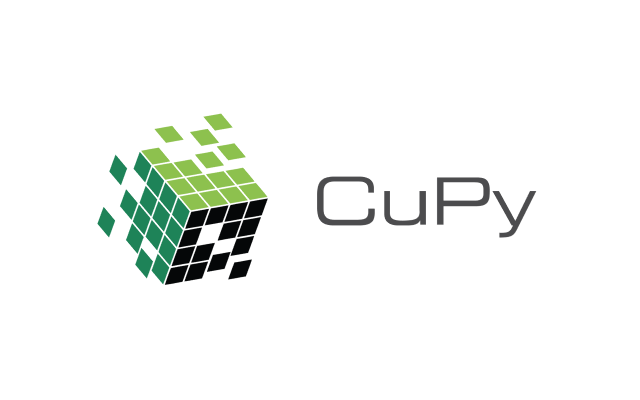News
Preferred Networks released open source deep learning framework Chainer v4 and general-purpose array calculation library CuPy v4.
2018.04.17
Tokyo, Japan, April 17, 2018 — Preferred Networks, Inc. (PFN, Headquarters: Chiyoda-ku, Tokyo, President and CEO: Toru Nishikawa) has released v4 of Chainer™ and CuPy™, major updates of the open source deep learning framework and the general-purpose array calculation library, respectively.
This major upgrade to Chainer and CuPy incorporates the results of the latest deep learning research over the last six months. The newly released v4 is largely compatible with previous versions of Chainer.
Main features of Chainer and CuPy v4 include:
Additional functions for fast, memory-efficient training on NVIDIA(R) GPUs *1
Chainer now supports NVIDIA TensorCore to speed up convolutional operations. Loss scaling has also been implemented to alleviate the vanishing gradient problem when using half-precision floats.
Quick installation of CuPy
We have begun providing a binary package of CuPy to reduce the installation time from 10 minutes down to about 10 seconds.
Optimized for Intel(R) Architecture
An Intel Deep Learning Package (iDeep) *2 backend has been added to make training and inference on Intel CPUs faster. This delivers an 8.9-fold improvement of GoogLeNet (a neural network used for image recognition) inference speed on CPUs, according to our benchmark results*3.
More functions supporting second order differentiation
Enhanced support for second order differentiation, which was first introduced in v3, allows easier implementation of the latest networks and algorithms.
A new function to export results of training with Chainer in the Caffe format
A function to export Chainer’s computational procedure and learned weights in the Caffe format has been added as experimental. This makes it easier to use the results of training with Chainer even in an environment where Python cannot be executed. (Exporting into the ONNX format is also available via the onnx-chainer package.)
◆Chainer ReleaseNote: https://github.com/chainer/chainer/releases/tag/v4.0.0
◆Update Guide:https://docs.chainer.org/en/latest/upgrade.html
Chainer and CuPy have taken in a number of development results from external contributors. PFN will continue working with supporting companies and the OSS community to promote the development and popularization of Chainer and CuPy.
* 1:http://docs.nvidia.com/deeplearning/sdk/mixed-precision-training/index.html
* 2:NumPy-compatible library for performing general arithmetic operations in deep learning at a high speed on Intel CPUs https://github.com/intel/ideep
* 3:The results of comparison in time to process an image between when iDeep was enabled and disabled. Intel Math Kernel Library was enabled in both cases. Intel Xeon(R) CPU E5-2623 v3 was used.
About the Chainer Open Source Deep Learning Framework
Chainer is a Python-based deep learning framework developed mainly by PFN, which has unique features and powerful performance that allow for designing complex neural networks easily and intuitively, thanks to its “Define-by-Run” approach. Since it was open-sourced in June 2015, as one of the most popular frameworks, Chainer has attracted not only the academic community but also many industrial users who need a flexible framework to harness the power of deep learning in their research and real-world applications.
Chainer incorporates the results of the latest deep learning research. With additional packages such as ChainerMN (distributed learning), ChainerRL (reinforcement learning), ChainerCV (computer vision) and through the support of Chainer development partner companies, PFN aims to promote the most advanced research and development activities of researchers and practitioners in each field. (http://chainer.org/)

